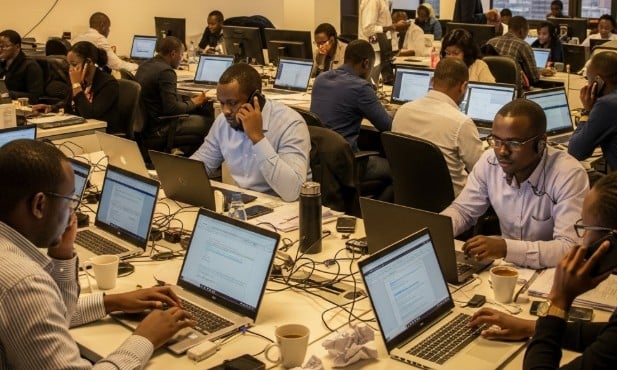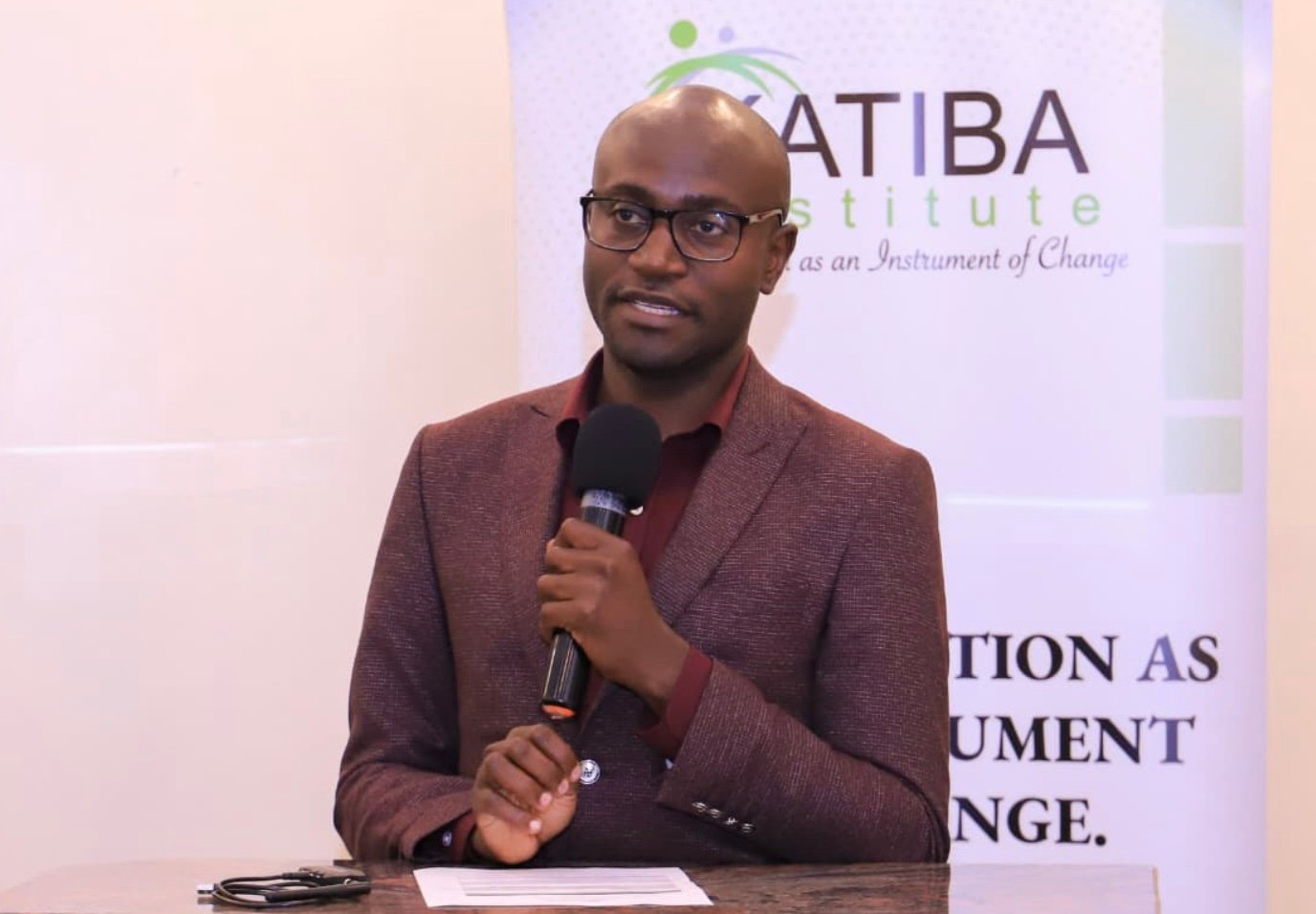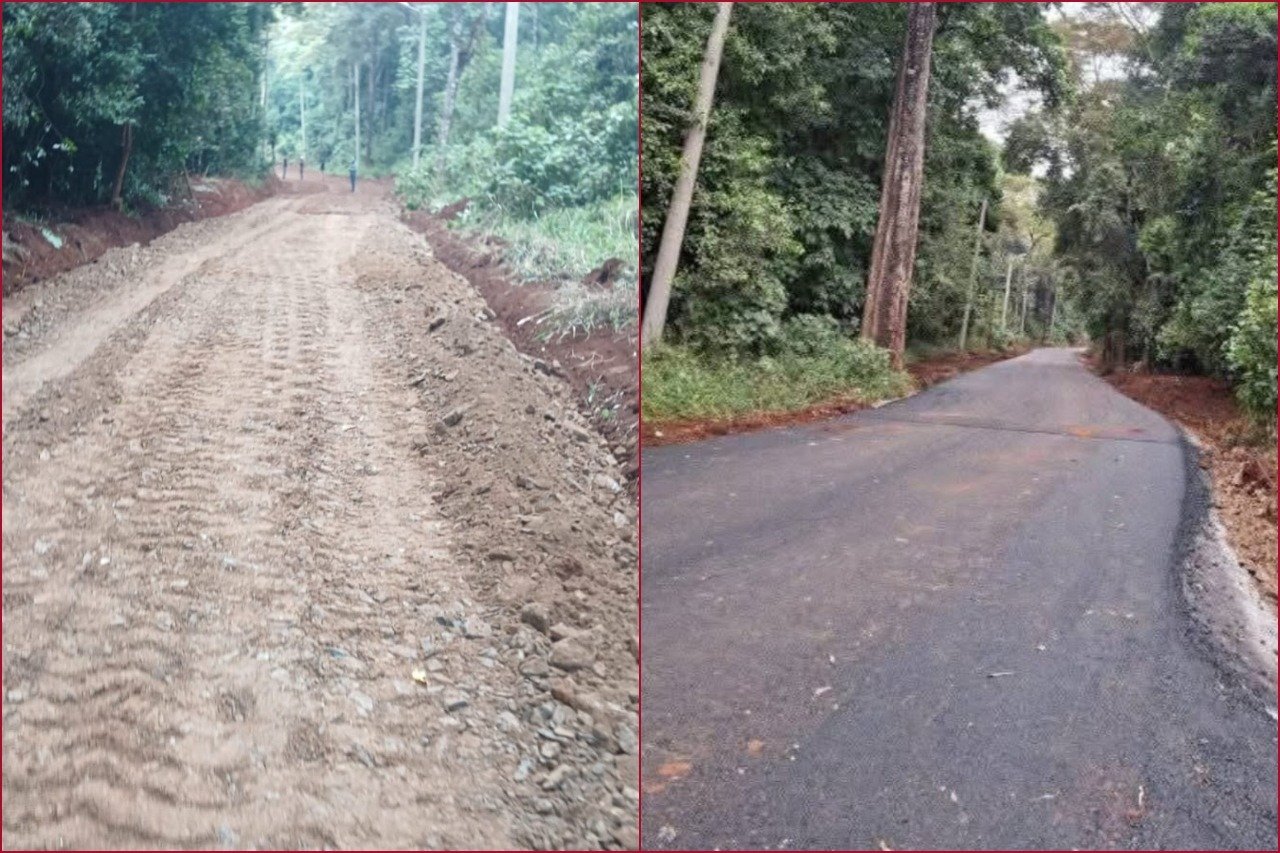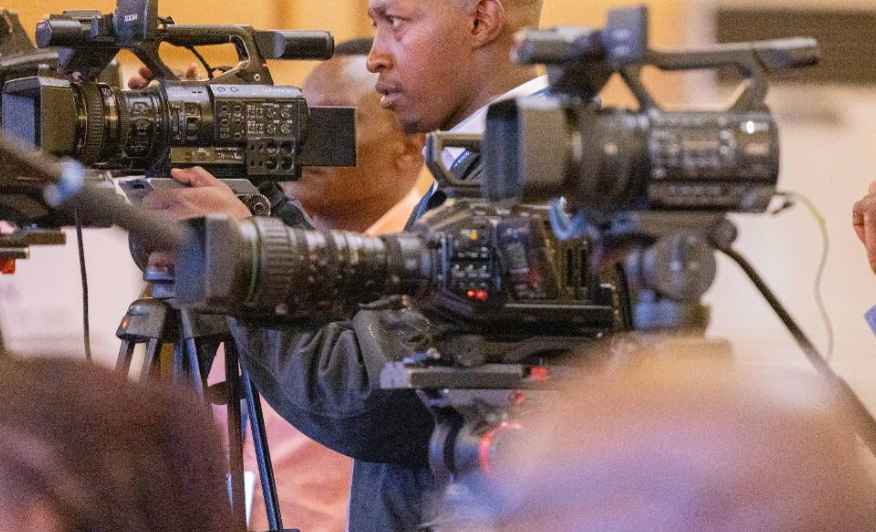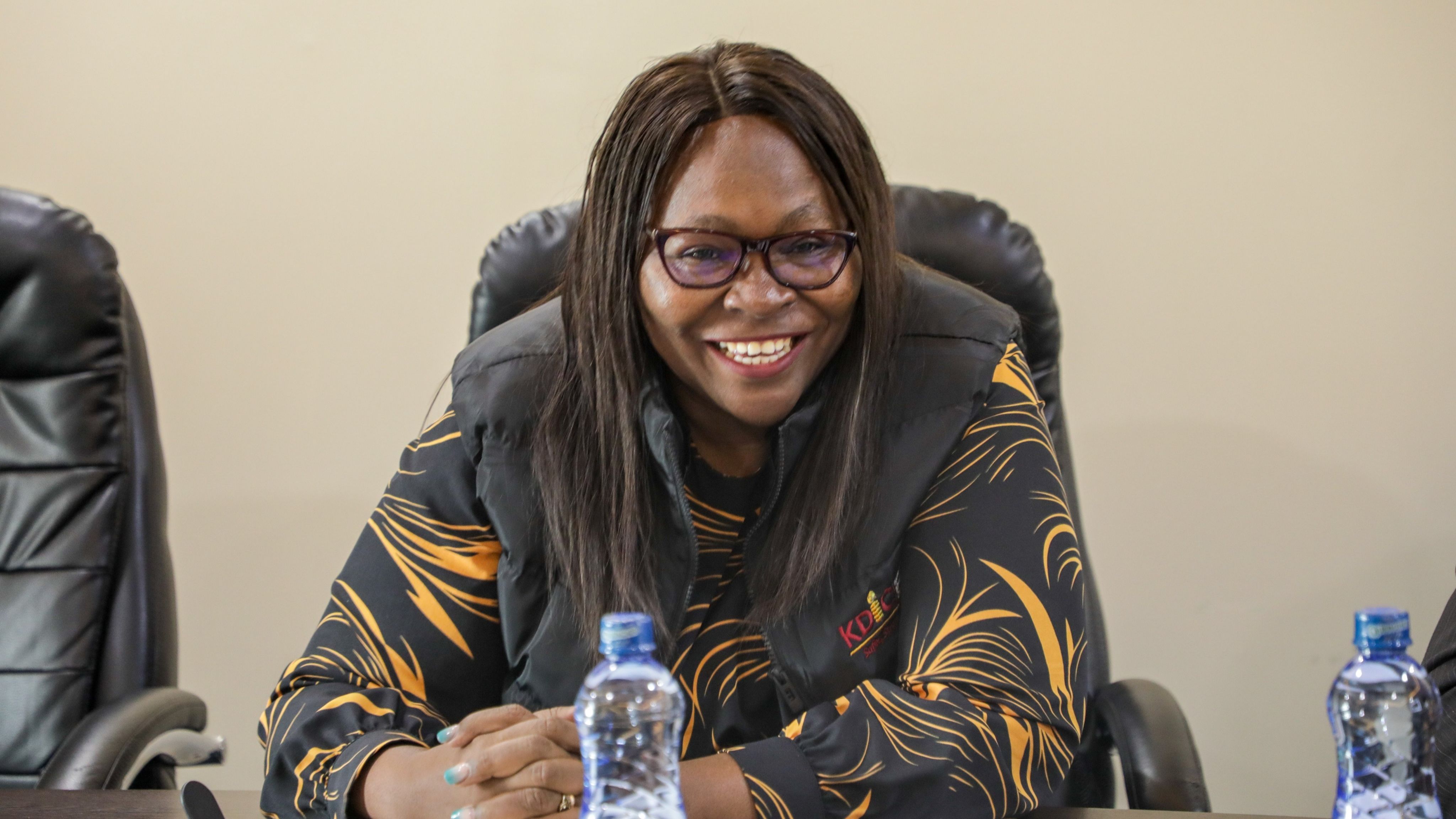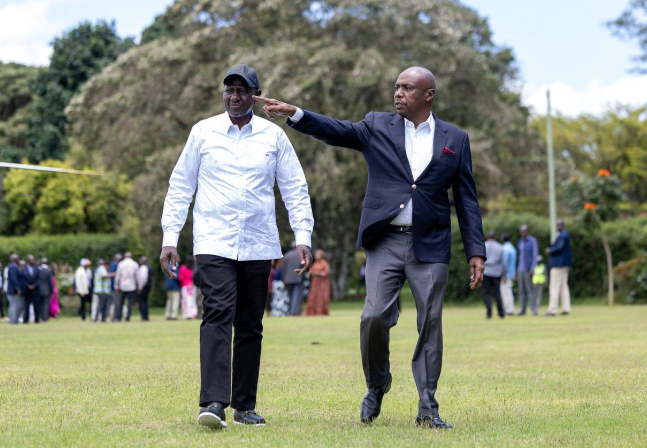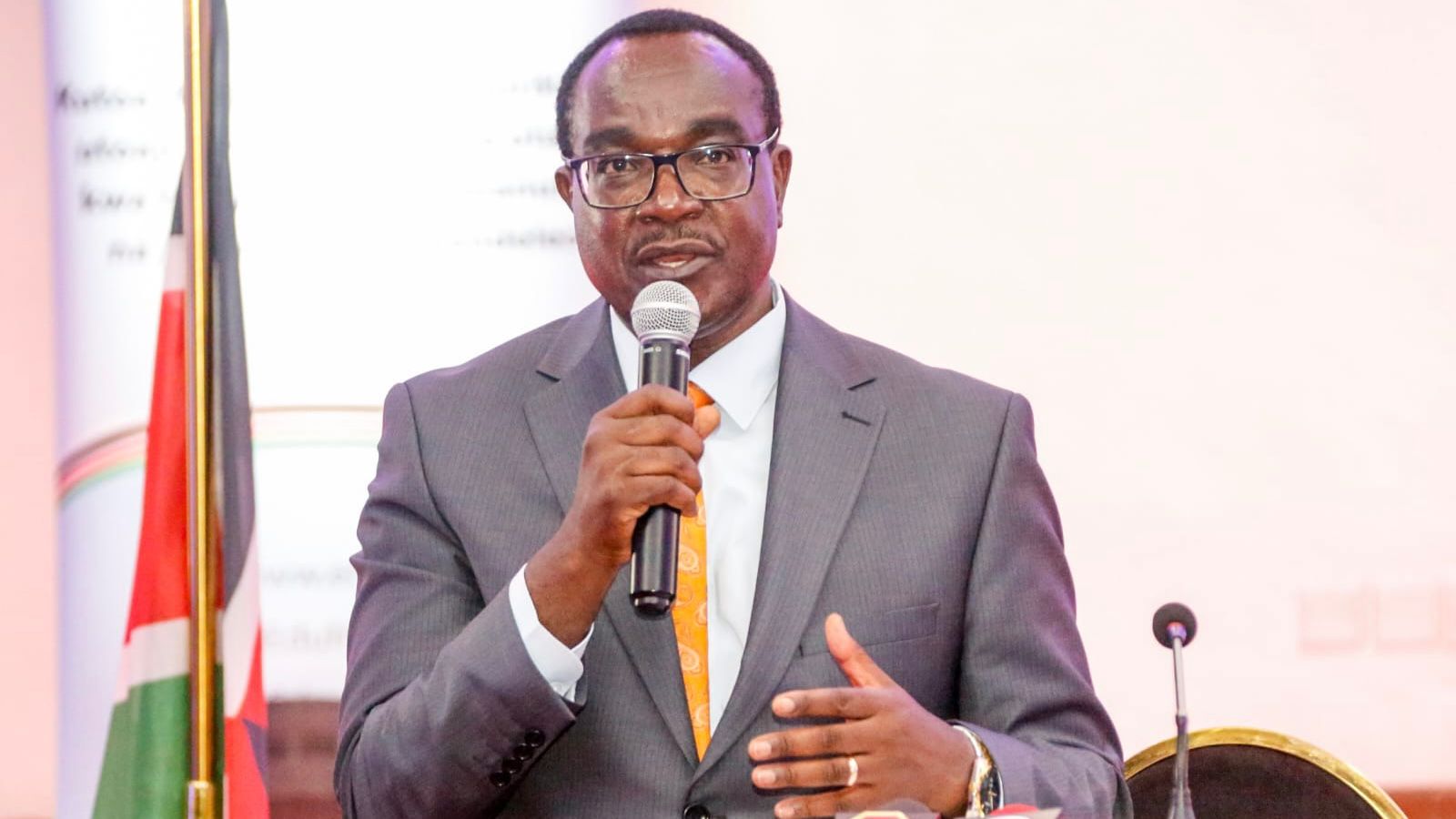By Victor Bwire
The regulation of media and content moderation in Kenya is just as problematic as it is in the rest of the world. Digital platforms have become pillars of modern technology and, by extension, major players in journalism. The internet has created a community of journalists and media practitioners who are not only watchdogs but also key contributors to information dissemination and authentic storytelling.
Even as the country grapples with the challenges of media regulation in a changing environment, there are ongoing debates about whether to criminalize information sharing on digital platforms. Media content regulation is no longer a straightforward issue; more discussions and inclusivity are required than ever before. There is growing demand for broad-based approaches to content regulation, information integrity, and responsible use of digital platforms, as communities try to maximize the opportunities offered by expanded freedom of expression and access to information.
Globally accepted professional standards exist for regulating journalists and other information outlets. However, some issues once thought to be adequately addressed through platform providers’ community rules have become disturbing and are now attracting wider attention.
The internet and associated tools provide Kenyans with platforms to connect with diverse sources and perspectives, reflected in the growth of community-based journalism and digital content creation. Citizen journalists and independent creators are increasingly shaping the professional media environment through the sourcing, gathering, and dissemination of trending news.
Read More
Social media, user-generated content, and artificial intelligence have drastically changed how news is produced, edited, and accessed. Audiences now primarily experience news online, highlighted and shared by both professional and non-professional journalists across social media feeds, threads, and trends.
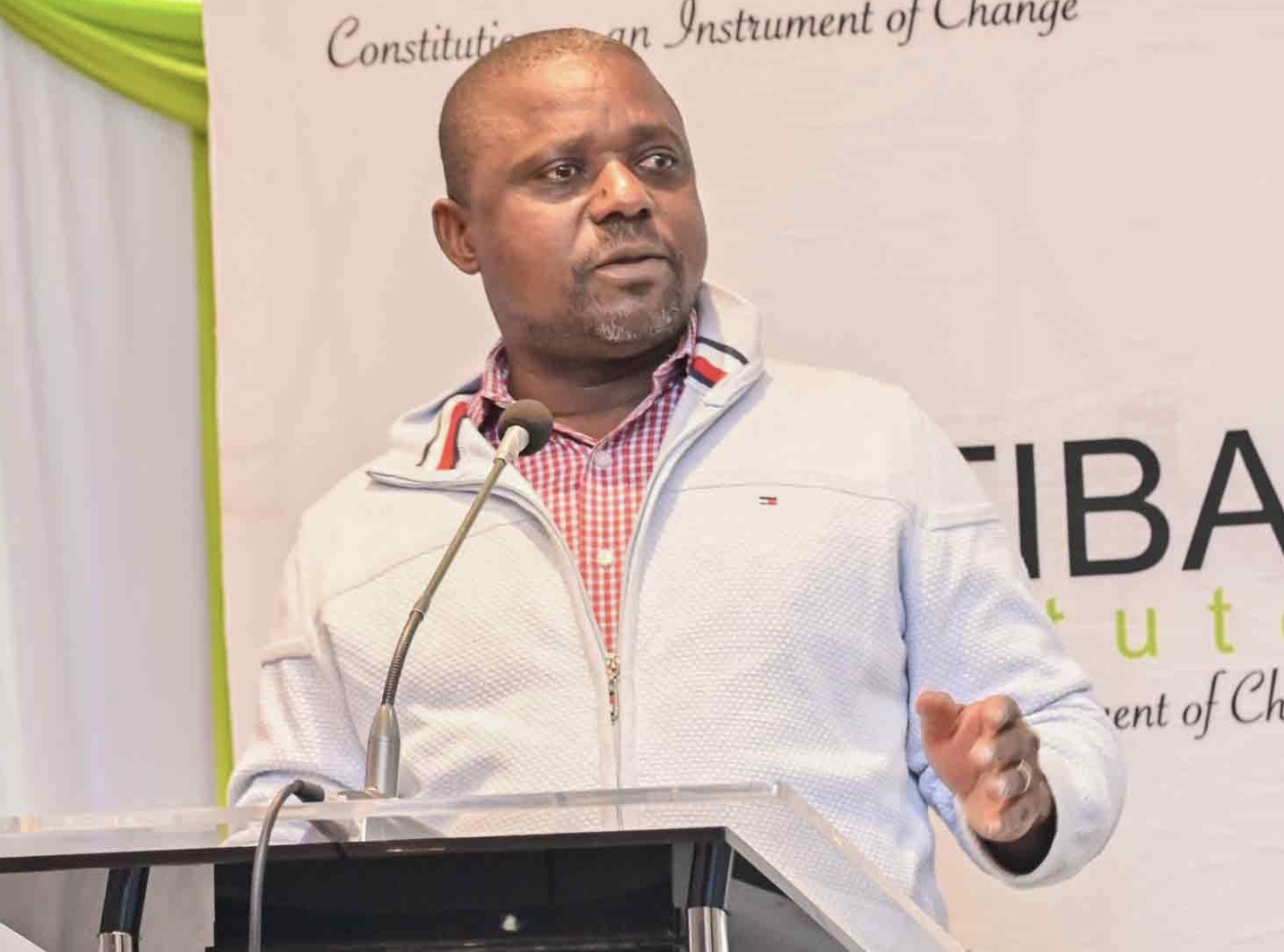
This changing landscape of media production and consumption calls for a complete rethinking of regulation and moderation. Regulation should no longer be left only to media experts; it requires a multi-stakeholder approach that balances freedom of expression with responsible oversight. This thinking is behind the Media Council of Kenya’s decision to review and update the code of conduct for media practice, expanding regulation to address emerging issues in the digital space.
While debates elsewhere focus on realigning regulation to the dynamics of new media formats, some stakeholders continue to demand stricter laws, administrative control, and moral or national-value arguments to justify limiting free speech. In East Africa, laws such as the Computer Misuse and Cybercrimes Act 2018 threaten the gains of expanded freedom of expression and access to information.
Globally, many governments continue to criminalize free speech under the pretext of tackling hate speech, harmful content, disinformation, or even trivial offenses like “annoying speech.” Yet very few cases meet the legal threshold for prosecution. Some countries have even held administrators of Facebook or WhatsApp groups liable for user content, but these measures have proved ineffective.
Platforms like TikTok are beginning to respond by creating advisory groups in Africa to improve enforcement of their community rules and strengthen accountability. Other advocacy groups, such as the Council on Tech and Social Cohesion, are pushing for stronger regulatory capacity to oversee digital platforms.
Examples from around the world show that extreme measures, such as social media taxes, restrictive cybercrime laws, or overly broad digital media regulations, stifle innovation and development. A more democratic, inclusive, and literacy-driven approach is more effective. Regulating content should not mean stifling innovation and technology; instead, it should ensure information sharing aligns with agreed national and international laws.
Africa, in particular, must adopt a continental approach to media regulation and digital platforms. This requires cooperation, capacity building, and respect for national and regional contexts while striving for coherence. More research, sharing of good practices, and rapid-response systems are needed, especially during sensitive periods like elections, to ensure electoral integrity and mitigate urgent risks.
Governments should engage big tech companies to develop global metrics for transparency and risk assessment, aligned with international guidelines. Media regulators, meanwhile, must form strong coalitions, participate in early warning systems, and establish rapid-response mechanisms to prevent harm, especially to children, and protect public safety.
Mr. Victor Bwire is the Head of Media Development and Strategy at the Media Council of Kenya.
